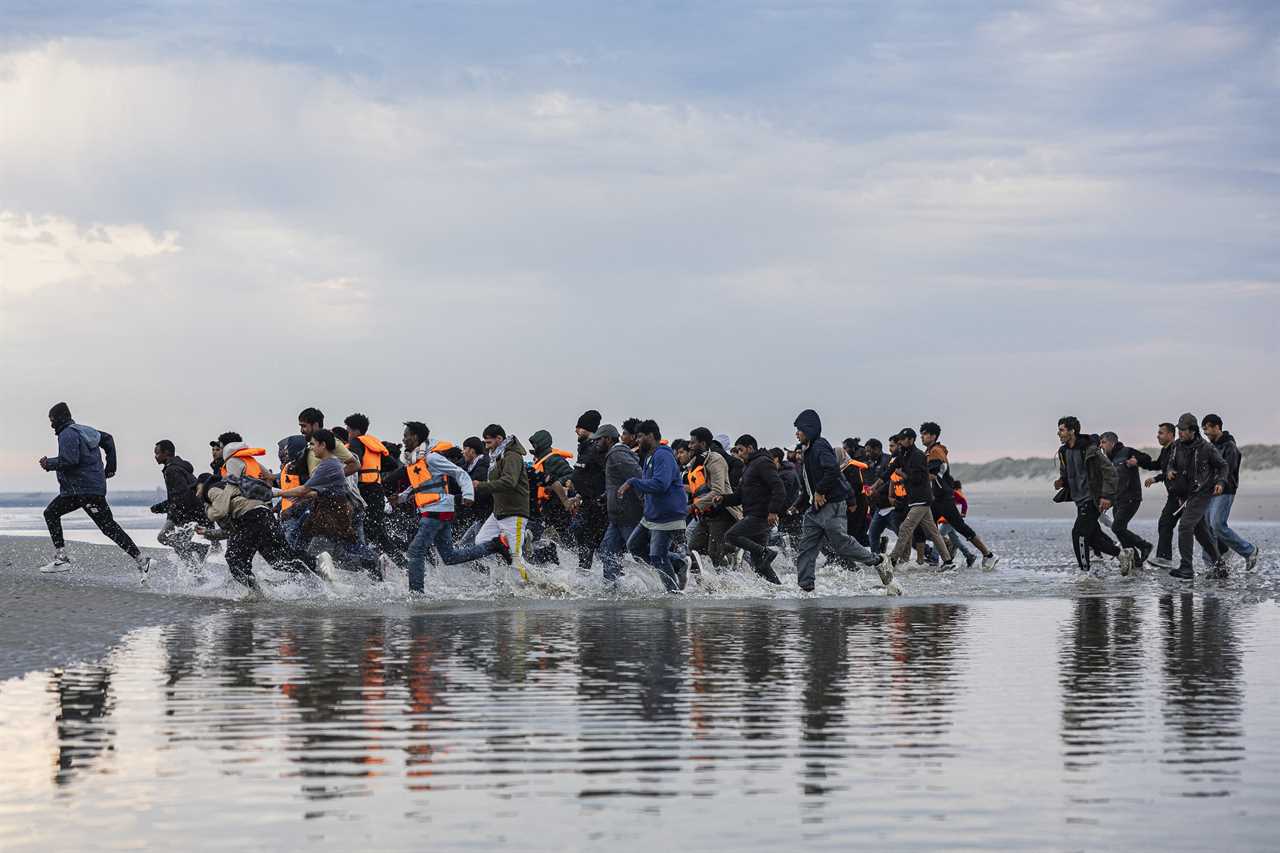
Amidst escalating tensions in the northern French town of Dunkirk, a visit by Shadow Home Secretary Chris Philp to the refugee camp known as the 'Jungle' resulted in a harrowing encounter. Reports emerged of migrants brandishing a curved machete and pelting bottles at the visiting delegation, sparking concerns over the volatile situation in the region.
Challenges of Engaging with Vulnerable Communities
The incident underscores the multifaceted challenges faced by both migrants and officials in addressing the ongoing migration crisis. As European countries grapple with increasing numbers of arrivals, the complexities of managing borders and supporting vulnerable populations come sharply into focus. The intersection of policy, human rights, and security concerns in such encounters demands a nuanced approach.
The Global Context of Migration
Against the backdrop of global displacement, the Dunkirk incident serves as a microcosm of broader migration trends and the political responses they evoke. With record numbers of arrivals in the UK and escalating tensions in border regions, the need for comprehensive, humane solutions to the complex issue of migration becomes ever more pressing. Understanding the root causes and systemic factors driving migration is crucial in formulating effective and compassionate responses.
Interplay of Policy and Realities on the Ground
The dynamics of migration policy, enforcement, and the lived experiences of migrants intersect in incidents like the one witnessed in Dunkirk. As political leaders navigate the complexities of border control measures and international agreements, the impact on individuals seeking refuge must not be overlooked. Balancing security concerns with respect for human rights remains a delicate and critical task in addressing the challenges posed by irregular migration.

Challenges Ahead in Migration Management
As the UK grapples with surging arrival numbers and evolving tactics by smuggling networks, the need for coordinated, sustainable approaches to migration management becomes increasingly apparent. Addressing the underlying factors that drive migration, enhancing international cooperation, and upholding human dignity in border policies are key components of a holistic response to the complex realities of displacement and asylum seeking.
In conclusion, the Dunkirk incident serves as a stark reminder of the intricate web of factors at play in the migration crisis. Navigating the intersection of policy, security, and human rights requires a nuanced understanding and a commitment to addressing the root causes of displacement with compassion and foresight. As the global community grapples with the challenges of migration, thoughtful and inclusive approaches are essential in shaping a more equitable and sustainable future for all.
Did you miss our previous article...
https://trendinginthenews.com/uk-politics/david-lammys-fishing-faux-pas-licensing-lapse-raises-legal-concerns-amid-diplomatic-engagements






